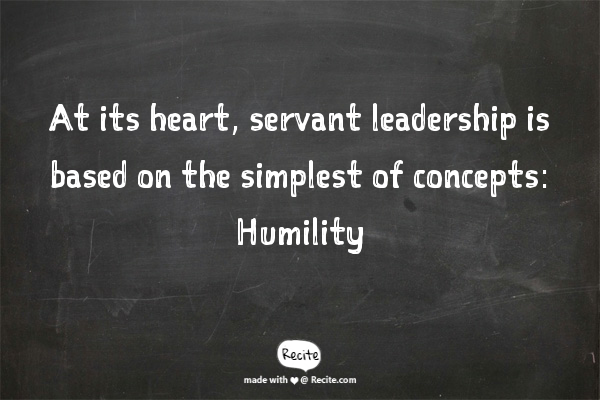Ben Franklin understood the importance of time management. In Poor Richard’s Almanac, he writes, “Lost time is never found again; and what we call time enough, always proves little enough.”

We generally think of time management as a day-to-day concern, a way to stay focused so we can cram more to-do items in between meetings. It’s well worth paying attention to, but it’s limited in scope.








